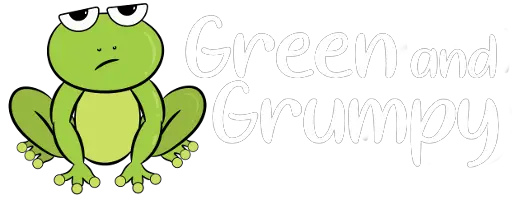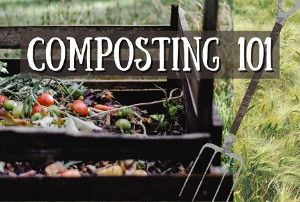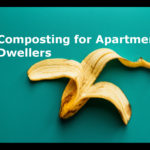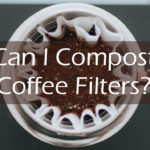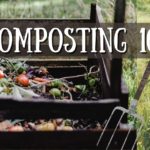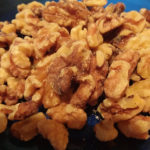Composting Your Way to Zero Waste
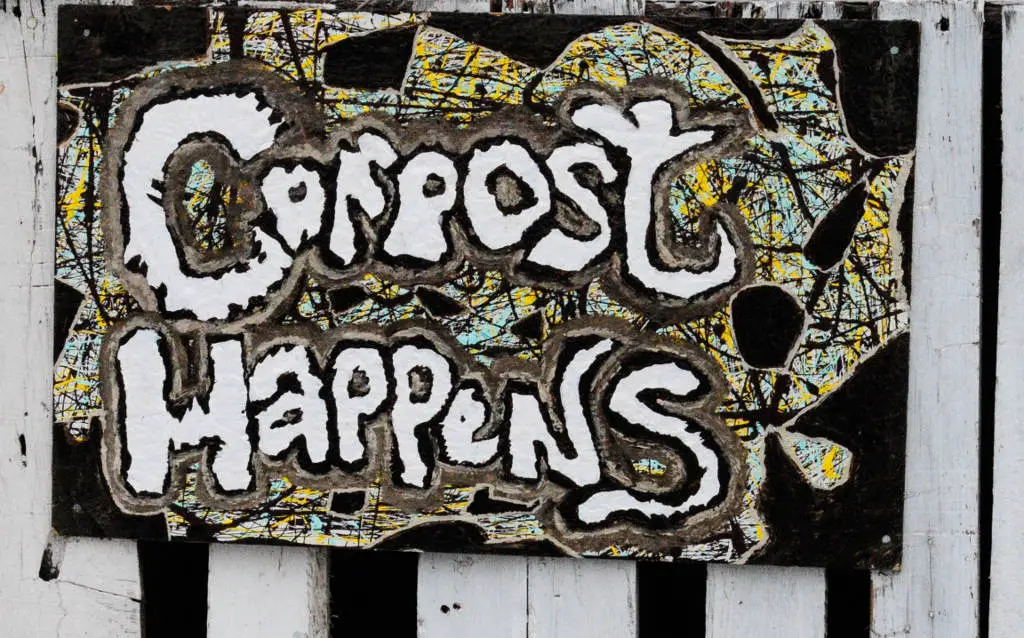
Composting Your Way to Zero Waste

If you have a compost pile, you probably already know how great it is for your garden and how much it helps improve your soil. Most composters know that you can throw in leaves, grass clippings, old fruits and vegetables, cardboard, twigs, wood chips and so on. But there are so many other items that can go in that pile or bin that you may never have thought of. If you’re attempting to go zero waste or just cut down on what you are sending to the landfill, composting is a super-effective tool in your arsenal.
It’s time to take your composting game to the next level if you’re really trying to cut down on household waste. I personally find it a fun challenge to see how creative I can be in discovering new items to throw in my bin rather than the trash can. You’ll probably find that once you really become serious about composting, you’ll start looking at all sorts of objects and asking yourself, “I wonder if I can compost this?”
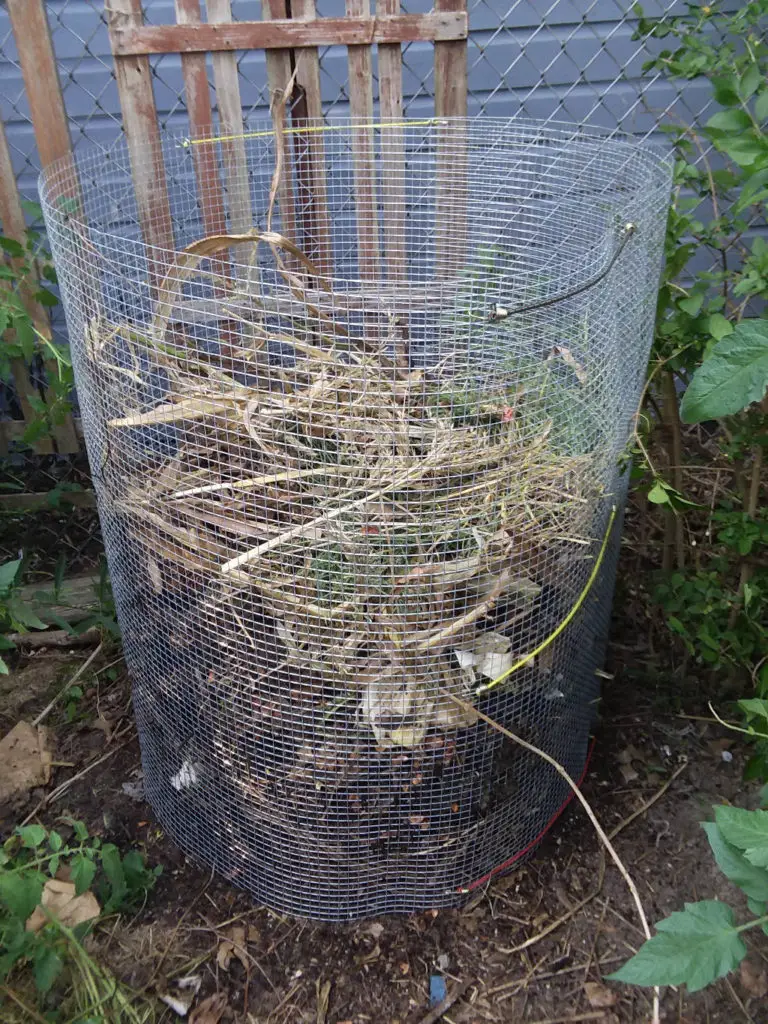
You may also discover that you need a bigger compost bin like I did. (See my article about building super easy compost bins from hardware cloth).
Compostable Items You May Not Have Thought Of
- Tea bags. Update: The jury is out on tea bags. See my new post, Should You Compost Tea Bags?
- Citrus fruit. You may have read that citrus will slow down the composting process in your heap by making the pile too acidic, but this is really only a concern if you are doing lots of juicing and have bunches of leftover citrus to throw in. A few here and there won’t hurt, especially if most of the juice has been squeezed out.
- Coffee grounds and filters. Unbrewed coffee grounds are very acidic, but once brewed, they are not. Brewed coffee grounds are high in nitrogen and great for soil. I actually don’t even bother to put most of our grounds in the bin because I just scatter them directly into the garden. Then I toss the filters in the compost.

- Post-it notes and other small scraps of paper. Most recycling centers really don’t want small scraps of paper in your curbside recycling (see my article on what happens at a Materials Recovery Facility which explains why). But you can compost them. The sticky adhesive on the backs of Post-its are non-toxic, so no worries!
- Hair and pet fur. Why not? It’s organic. Throw it in!
- Unpopped kernels of popcorn. Yes, there will be a little oil and salt on them, but it shouldn’t be enough to worry about.
- Burnt match sticks. No, the phosphorous on the tip is not toxic, it’s fine. You can also throw in any other small bits of wood that sometimes accumulate in a kitchen or after a party like popsicle sticks, disposable chopsticks, wooden coffee stirrers, skewers, toothpicks and so on.
- Spent grains and hops from beer brewing. If you’re a homebrewer you probably have plenty of these. Just don’t put a lot in your pile all at once because they are antibacterial and will kill off the good bacteria you need for the composting process!

- Old bread, crackers, etc. If bread is just stale, I may throw it out for the birds, but if it’s moldy, that’s not good for them. It’s fine for your compost though.
- Bird poop. Do you have a pet bird or chickens? Their droppings are actually quite beneficial to your compost and soil, unlike other pet feces. Wear gloves when handling though.
- Egg shells. Don’t throw in whole eggs though.
- Greasy pizza boxes. If you’ve got paper products that aren’t clean, don’t throw those in your recycling. But if the dirtiness is just food or other organic materials, it’s fine to throw into your compost.
- Used paper towels, napkins, tissues. Obviously if you used your paper towels along with chemical cleaners or something like that, please leave those out of your compost pile. But otherwise, these paper products break down easily and are a great candidate for composting because they can’t be recycled like regular paper and cardboard.
- Old cotton fabrics. Yes, that’s right. If you have clothes or other fabric scraps that have no life left in them, they can be composted as long as they are made from 100% organic materials such as cotton or wool.
This is really just the tip of the iceberg. Get creative when looking around your house for items that you can throw into that compost. Just be sure not to throw in any of these Top Ten Things NOT to Compost.
New to composting? Check out our intro composting guide, Composting 101.
If you ever have a question about whether or not you can or should compost something, a great resource is Can I Compost This? They have a pretty thorough searchable database of items. And other than that, just use common sense. And happy composting!
